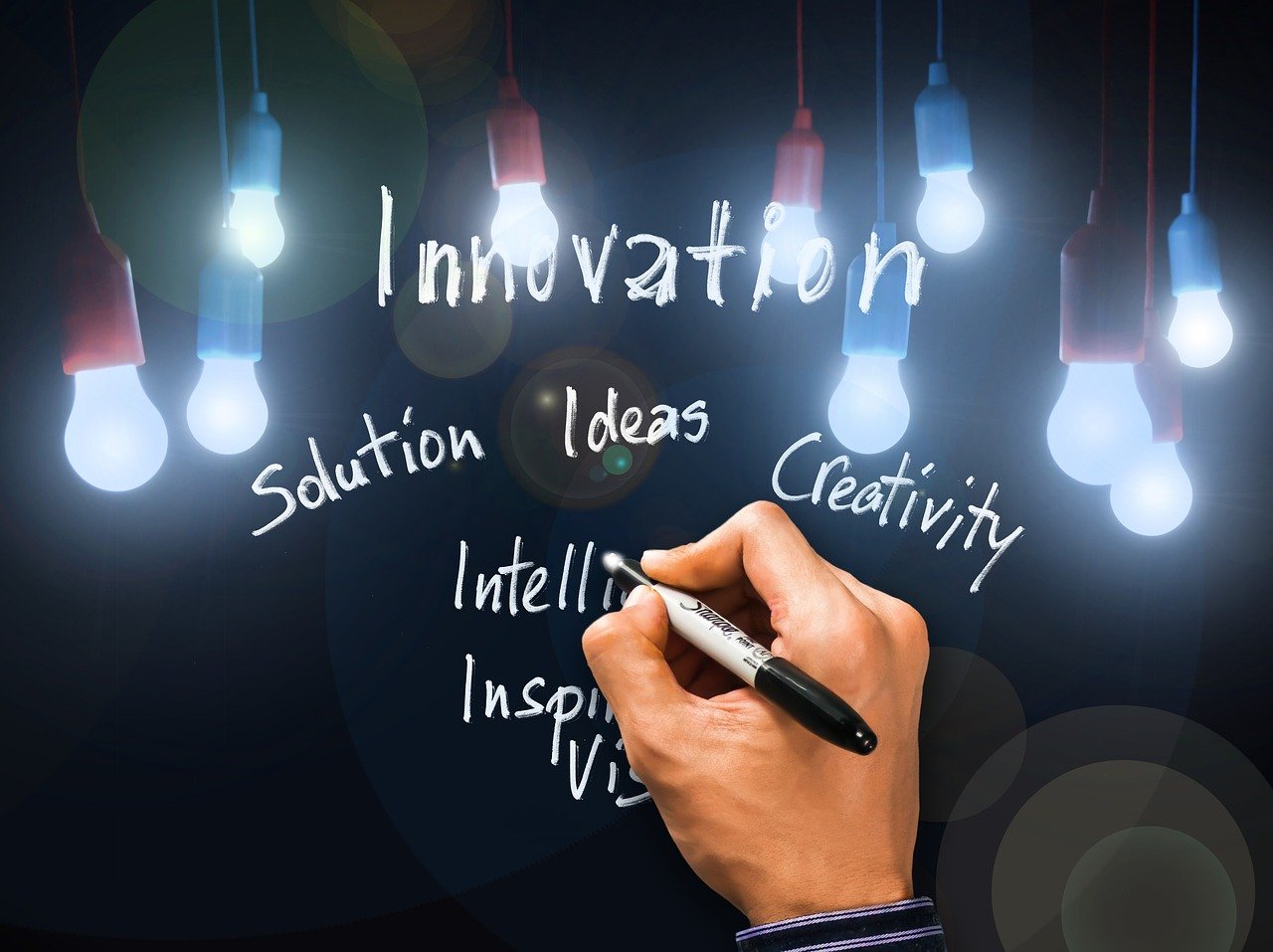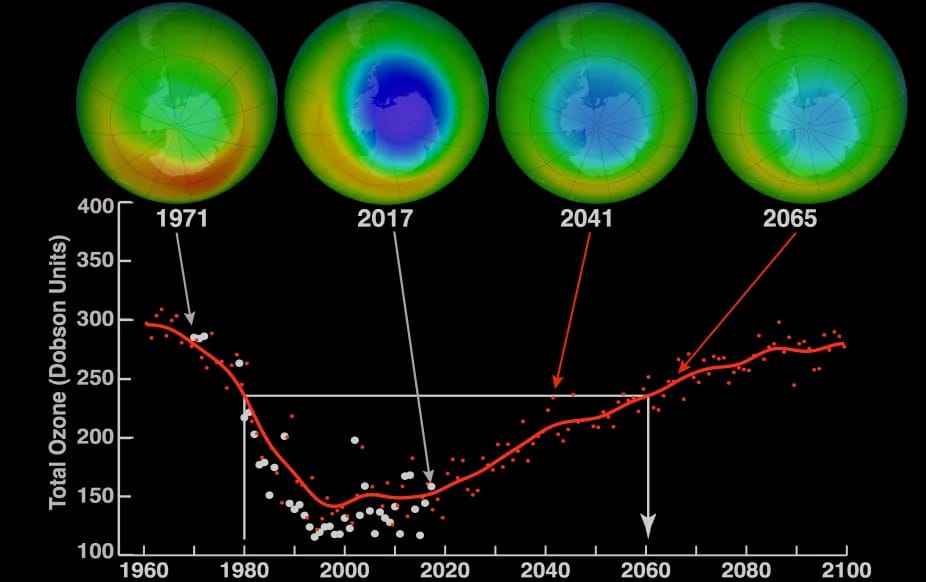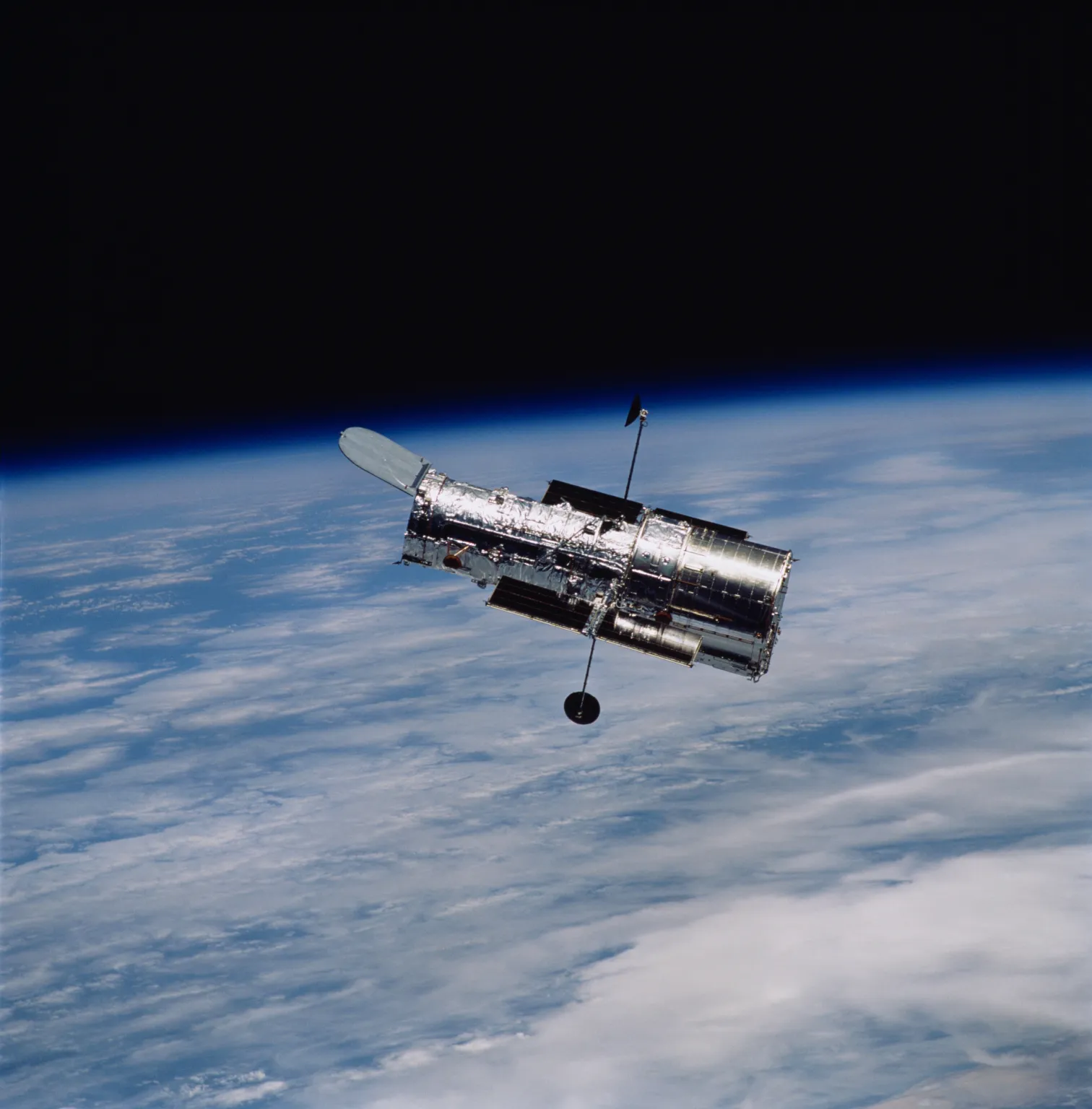Urban Innovation: Pioneering Sustainable Cities through Vertical Farming, Smart Homes, and Hyperloop Transportation

In the dynamic landscape of urban development, innovation is key to creating sustainable, efficient, and livable cities for the future. From revolutionizing agriculture with vertical farming to integrating smart technologies into homes and reimagining transportation with hyperloop systems, urban innovation is shaping the way we live, work, and move within urban environments. In this article, we explore how these cutting-edge technologies and concepts are transforming urban spaces and paving the way for a more sustainable future.
Vertical Farming: Cultivating Sustainability in Urban Agriculture
As urban populations grow and land for traditional agriculture diminishes, vertical farming emerges as a game-changer in food production. This innovative approach involves growing crops in vertically stacked layers, utilizing controlled environments, and leveraging advanced technologies such as hydroponics and vertical aeroponics. Vertical farms can be integrated into urban settings, reducing the need for long-distance transportation of produce and minimizing the environmental footprint associated with traditional farming practices.
Vertical farming offers numerous benefits, including increased crop yields, reduced water usage, and year-round production regardless of external weather conditions. By bringing food production closer to urban centers, vertical farms promote food security, support local economies, and contribute to a more sustainable and resilient food supply chain. Moreover, the potential for vertical farms to repurpose underutilized urban spaces such as abandoned buildings or rooftops adds to their appeal as a viable solution for urban agriculture challenges.
Smart Homes: Enhancing Efficiency and Connectivity
The concept of smart homes is revolutionizing urban living by integrating advanced technologies to enhance comfort, efficiency, and connectivity within residential spaces. Smart home systems leverage Internet of Things (IoT) devices, automation, and artificial intelligence to optimize energy usage, improve security, and create personalized living experiences for residents.
From energy-efficient lighting and climate control systems to smart appliances and integrated home management platforms, smart homes enable occupants to monitor and control various aspects of their homes remotely. These technologies not only reduce energy consumption and utility costs but also contribute to a more sustainable urban lifestyle by promoting resource conservation and environmental stewardship.
Furthermore, smart homes facilitate connectivity and communication, fostering a sense of community and enabling seamless interaction with urban infrastructure and services. As cities embrace smart technologies, the integration of smart homes into urban planning strategies can enhance overall efficiency, improve quality of life, and create more resilient urban ecosystems.
Hyperloop Transportation: Redefining Urban Mobility
The hyperloop concept represents a paradigm shift in urban transportation, offering a futuristic and sustainable alternative to traditional modes of transit. Hyperloop systems envision high-speed, low-friction transport capsules traveling through vacuum tubes, enabling rapid intercity and intracity travel at speeds exceeding conventional trains and airplanes.
By reducing travel time, congestion, and environmental impacts, hyperloop transportation has the potential to revolutionize urban mobility, enhance connectivity between urban centers, and reduce reliance on fossil fuel-dependent transportation modes. The development of hyperloop infrastructure could transform urban landscapes, making distant regions more accessible, promoting economic integration, and unlocking new opportunities for urban development and growth.
Moreover, hyperloop systems align with sustainability goals by minimizing greenhouse gas emissions, optimizing energy efficiency, and offering a scalable and adaptable transportation solution for densely populated urban areas. As research and development efforts progress, hyperloop technology holds promise for reshaping the future of urban transportation and creating more resilient, efficient, and interconnected cities.
Conclusion: Driving Sustainable Urban Innovation
In conclusion, the convergence of vertical farming, smart homes, hyperloop transportation, and other innovative technologies is driving sustainable urban innovation and shaping the cities of tomorrow. These advancements not only address pressing challenges such as food security, energy consumption, and transportation efficiency but also foster vibrant, livable urban environments that prioritize sustainability, resilience, and quality of life for residents.
As urban populations continue to grow, the adoption of innovative solutions becomes increasingly crucial in creating cities that are environmentally conscious, socially inclusive, and economically prosperous. By embracing urban innovation and leveraging technology-driven approaches, cities can pave the way toward a more sustainable and equitable future, where innovation, efficiency, and sustainability converge to create thriving urban ecosystems.
Similar Post You May Like
-

CFCs, HFCs and their long, troubled history
At its peak, the ozone hole covered an area 7 times larger than the size of Europe, around 29.9 million km2, and was rapidly expanding
-

The Origin of Universe: Deciding point where it all began!
Let us unravel and surf through the ideas throughout ages to understand what the universe and its origin itself was to its inhabitants across history.
-

The Artemis Program
Inspired by the Greek goddess of the Moon, twin sister to Apollo, the artimis program was named on 14 May 2019 by Jim Bridenstine.







